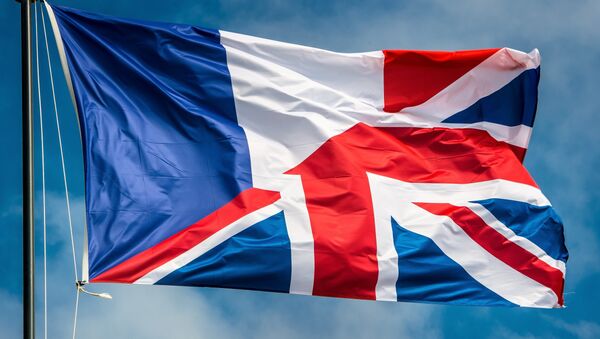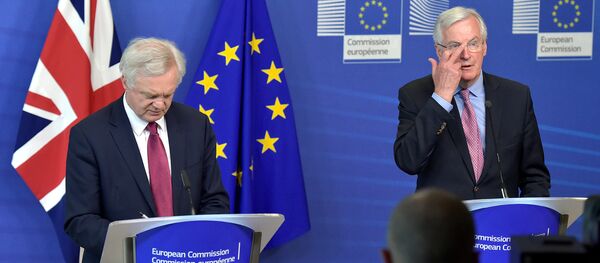In 2015 only 385 Britons applied to become French nationals. 1,363 applied in 2016 — an increase of 254 percent on the previous year. These statistics are the latest evidence that there has been a spike in the number of Britons applying for citizenship from other EU nations since the 2016 EU referendum vote.
According to Reuters, the German Federal Statistics Office announced in June that 2,865 Britons became German citizenship 2016, which was an increase of 361 percent from 2015.
France and Germany are not the only EU country to see an increase in the number of people applying for citizenship from the UK. Brits have also started to apply for Irish passports, and demand has increased to such an extent that the Irish passport office announced it would have to hire extra staff in order to deal with the Brexit-related demand.
In addition to this, the number of applicants for a British passport from other parts of the European Union rose by more than a third in 2016, as people sought to cross the Channel before the Brexit ship sails.
The biggest surge came in July 2016, the month which followed the referendum, in which 52 percent of Britons voted to leave the EU. The result came as a huge shock to many in Europe.
Sir Michael Leigh, a Brussels-based academic who focuses on European neighborhood policy, said:
"There's a feeling of uncertainty about the UK's exit negotiations in general and about citizens' rights in particular. The rush to apply for different passports is partly related to the concern that citizens' rights could be restricted in some way."
The status of European Union citizens who currently live and work in the UK, and British citizens who live and work in the EU, is one of the issues at the forefront of the Brexit negotiations.



